Course
Modules
JUNE
Basic Principles of Sound
Definition and understanding of Sound; Waves and Oscillation
Frequency, Amplitude and Wavelength and how it relates to Audio
Understanding Phases and Polarity
Evolution of Sound
Understanding Harmonics and Overtone and how it relates to the music
Frequency Bandwidth and Octave Ranges
Decibels and Metering
Noise, Distortion and Basic Electronics
JULY
Microphone, Speakers & Signal Processing
Dynamic Microphone
Condenser Microphones
Electreset and Ribbon Microphone
Directionality and Polar Patterns
Practical 1
Dynamic Speaker Functionality
Full Range, Mid, Tweeter and Subwoofer
Speaker Design, Crossover and Monitor Configuration
Understanding all Speaker Specs
Build your Own Speaker
AUGUST

Protools
Introduction to Pro Tools
History of Avid
Types of Protools System
Basic Recording
Signal Flow, i/o, playback, preferences, buffer size
Hardware Software Configuration
Editing/ Time Quantization
Beat Detective, TCE, Types of Grids, Manual editing, Elastic Audio
Balancing
SEPT
Recording & Techniques
Understanding Freq Spectrum
Listening exercise
Signal flow Studio A
Patching, Routing
Pro Tools Configuration in Recording
Microphones (application)
Preamps
Setting up Pro tools
Recording Techniques (Mono and Stereo)
Understanding Characteristics of mic
Record - vox, gtr, gtramp, piano, percussion
Multi Miking for drum rec
What is Timbre and Timber of an instrument
Rec in context of song
Assignment Make a cover song with rec elements
Role of a Recording Engineer
Assignment Live Band Recording
How to record Overdubs
OCT

Mixing and Mastering
Ear Training
Creating a Balance, key factors that determine the driving force of a Mix
Understanding Width, Depth, and Height of a Mix
Understanding Frequency Range on Instruments
Taking a correct brief for a Mix
Philosophy of Mixing and different approaches
Developing a Focal Point in your Mix
Working with Low End
Practical 1: Build your Balance
Deconstruct Mix 1
Deconstruct Mix 2
Different approaches to Mixing
Intro to Mastering
NOV-DEC
Music Production
Intro to Ableton
History of Ableton
Looping
Special Features of Ableton
Creative Audio Sequencing
Wrapping and Sampling
Max for Live
Advanced MIDI
Synthesis
Music Appreciation Session
Deconstruction of Music
Implementation of everything to structure a composition
Programming Percussion / Rhythm
Creating a song from scratch (practical + assignment)
Creative use of Effects
JANUARY

ACOUSTICS & AUDIO ELECTRONICS
Absorption, Reflection and Transmission
Boundary Reflections and Room Node
Golden Ratios
Construction Materials
Practical 1: Design your Room
REW
Understanding Waterfalls, RT60 and FR
Intro to Audio Electronics
Intro to Audio Electronics 2
Practical 2: Build an Amplifier
FEBRUARY
FILM SOUND
Intro to Location Sound 1
Intro to Location Sound 2
Understanding Edits and Tracklaying
Surround Setups and Art of Panning
Practical 1: Location Recording
Intro to Sound Design
Foley
Mixing in Surround 1
Mixing in Surround 2
Practical 2: Film Appreciation and Sound Design Breakdown
MARCH
Live Sound
Setting Up for Live Sound
Know your Console
Monitor Mixes
Mixing at FOH
Speakers, Amplifiers and Signal Processors
Problem Solving
Expanders, Noise Gates Applications and Settings
Planning your processing and Mix
APRIL
Music Theory
Basics of tonality
Chord building and voice leading
Introduction to modes
Cadences and progressions
Building melodies
Harmonic treatment of melodies
MAY

Additional classes
MUSIC BUSINESS
PHYSICS REVISION CLASSES
FINAL PROJECT SUBMISSIONS
PORTFOLIO BUILDING
HOW TO APPLY FOR JOBS
ADDITIONAL STUDIO TIME
PLACEMENTS
Course Highlights
Flexible Course structure with elective modules
CHANCE TO INTERACT WITH THE INDUSTRY’S TOP PROFESSIONALS AND INDEPENDENT ARTISTS
Assistance with placement opportunitiescatered to your preferences in the field of sound
IN DEPTH KNOWLEDGE OF SOFTWARES LIKE PROTOOLS, LOGIC AND NUENDO ON MACS
3 INSTALMENTS/ PAYMENT FLEXIBILITY - VALUE FOR MONEY
Who is a Sound Engineer?
A Sound Engineer is an individual who is a master of manipulating sound energy of any form to make It palatable to the human ear. Click here to know more about various Career Opportunities in the field of Sound!
Sound Engineer v/s Sound Technician
While the job roles seem similar from a distance they have a huge difference . A perfect analogy would be that of a mechanical engineer to a mechanic. While both work in the same domain an Engineer is somebody who brings ingenuity to a product or process while a mechanic or a technician merely executes somebody else’s vision and is always a part and never the whole.
At Gray Spark we aim at mentoring future engineers who have a creative vision , identity and extensive knowledge of the subject so they can make a mark and lead the way in a very competitive market.
What Should a Sound Engineer Know?
A Sound Engineer should have core knowledge of Physics, Mathematics and Electronics and Should have a keen ear , a good musical Sensibility and should be willing to work hard.
At Gray Spark Audio & Sound Engineering Academy we shall provide you practical and theoretical knowledge so you can do anything from making a world class song to making the speakers depending on where your interest lies. We shall guide you and make you a great sound engineer , and one that you envision to be. You can go through our Blog, How do you know if Sound Engineering is for YOU!
Is Music Production a good career?
Music production can be a rewarding career for those who are passionate about music and have a strong creative vision. With the increasing demand for original music content in various industries, including film, television, advertising, and gaming, there is a growing need for talented music producers who can create high-quality music that meets the specific needs of clients.
If you are willing to put in the time and effort to develop your skills, which can be done via Music Production courses, and make connections in the industry, music production can be a fulfilling and financially rewarding career. However, it is important to approach it with realistic expectations and a willingness to continuously learn and adapt to changing industry trends.
What are the different careers in Music Production?
There are several different career paths you can pursue within the field of music production, including:
-Music Producer: A music producer is responsible for overseeing the creative and technical aspects of the recording process, working closely with artists to help them achieve their vision for a particular song or album.
-Songwriter: A songwriter creates original compositions for use in various media, including film, television, and advertising.
-Music Arranger: A music arranger is responsible for taking a song or piece of music and arranging it for a particular ensemble or group of instruments.
-Composer: A composer creates original music for various media, including film, television, video games, and other forms of multimedia.
These are just a few of the many career paths available in music production. The specific roles and responsibilities can vary depending on the type of music being produced and the industry in which you work.

